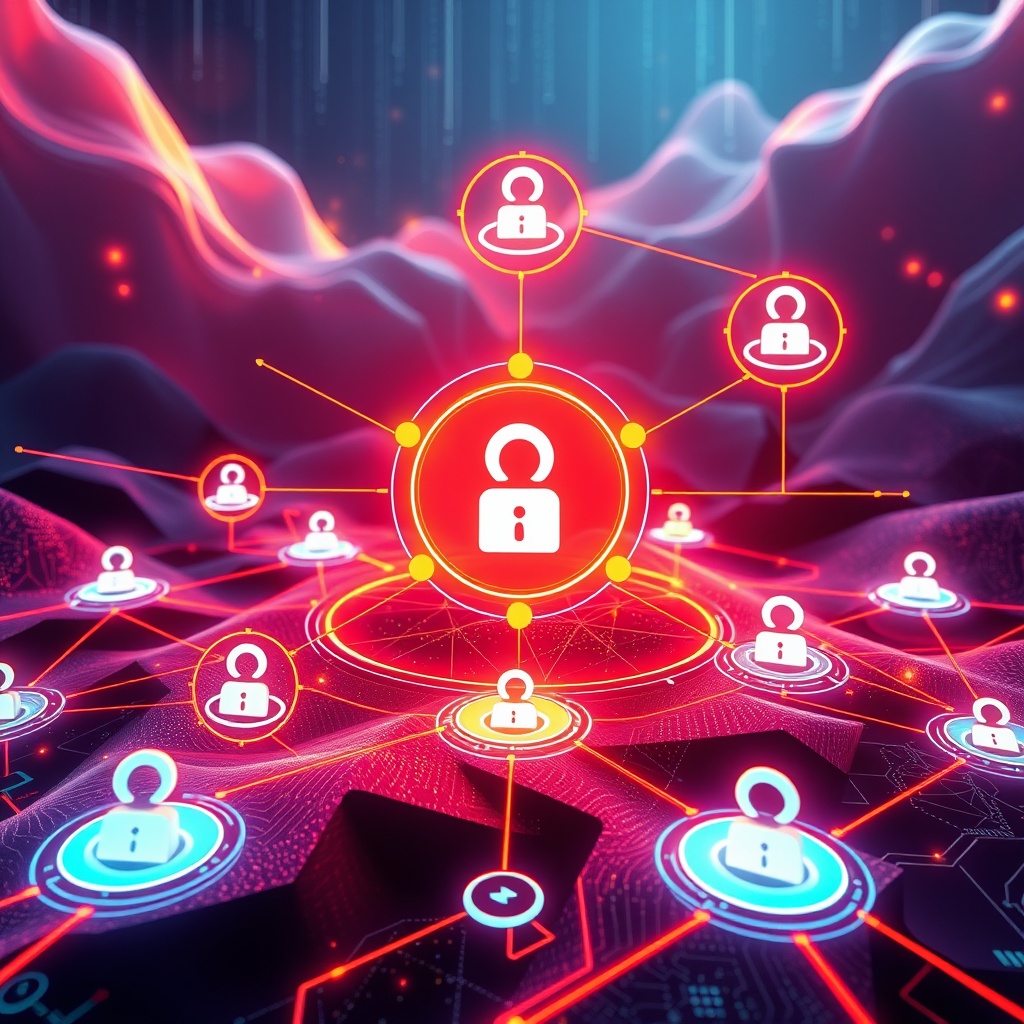Revolutionizing Access Control with Decentralization

As we move further into the digital age, the importance of robust access control systems cannot be overstated. Traditional methods often fall prey to centralized vulnerabilities, making them targets for data breaches and unauthorized access. Enter decentralized systems, which not only enhance security but also empower users by giving them greater control over their data. This paradigm shift is transforming how organizations manage permissions and access control, offering a more resilient and user-centric approach.
Key Advantages of Decentralized Access Control

Decentralized access control systems leverage blockchain technology and distributed ledgers to create a secure environment for managing permissions. This innovation leads to numerous advantages, fundamentally reshaping how we think about access management.
- Enhanced Security: By distributing data across a network, decentralized systems minimize the risk of single points of failure, making it significantly harder for malicious actors to compromise the system.
- User Empowerment: Users have the ability to control their own access permissions, ensuring that they can grant and revoke access as needed without relying on a central authority.
- Transparency: With every transaction recorded on a public ledger, users can easily audit access logs and permissions, fostering trust and accountability.
- Reduced Costs: Automating access control processes can lead to lower operational costs, as organizations can streamline workflows and reduce the need for extensive administrative overhead.
Navigating the Challenges Ahead
While the potential of decentralized access control is immense, it is not without challenges. Organizations must address issues such as scalability, regulatory compliance, and user adoption. As the technology matures, finding the right balance between innovation and practicality will be crucial. Stakeholders must collaborate to develop standards and best practices that ensure the secure and effective implementation of decentralized systems.





